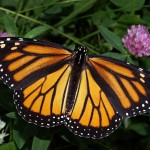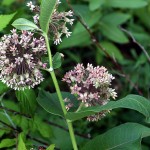by Catherine Haug, April 2, 2014
ESP and BERT (Bigfork Emergency Resource Team) are co-hosting this event:
- What: Getting more out of your garden, Farm and Homestead Through Permaculture Techniques, with Kelly Ware; hosted by Essential Stuff Project (ESP) and Bigfork Emergency Resource Team (BERT)
- When: Thursday evening, April 17, 2014, 7 – 8 PM
- Where: Bigfork Middle School Cafeteria (600 Commerce St, Bigfork MT)
- Who: Free and open to the public; no preregistration required.
- Contact: Catherine at 837-4577 (Cat@essentialstuff.org), or Bruce at 837-0923
Additional Information: read on for more info about the event, and a link to a flyer.. (more…)




